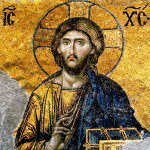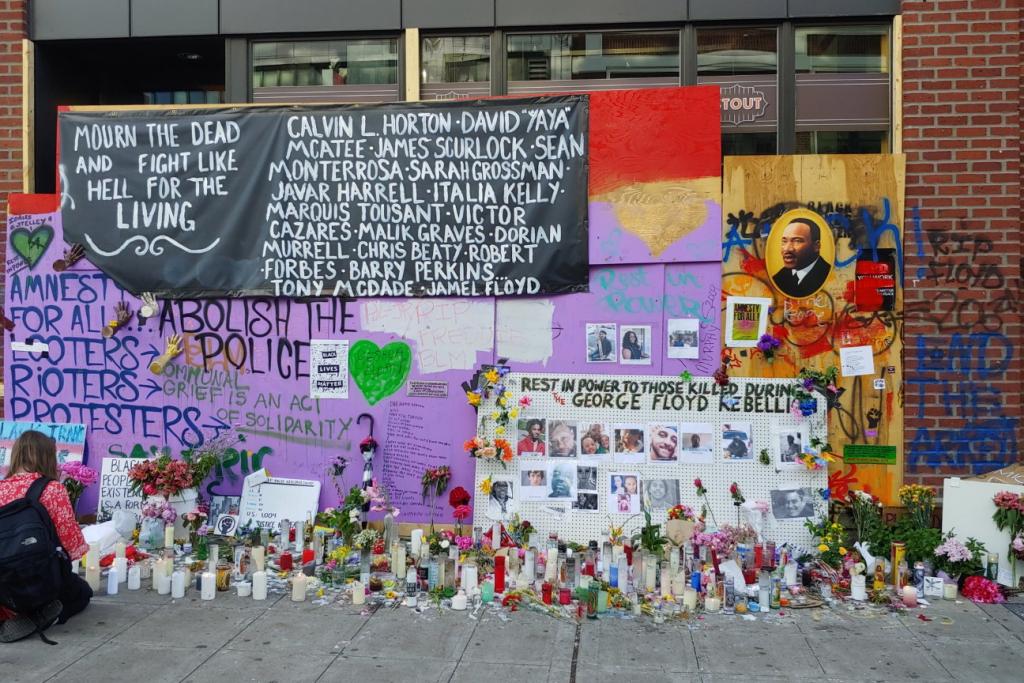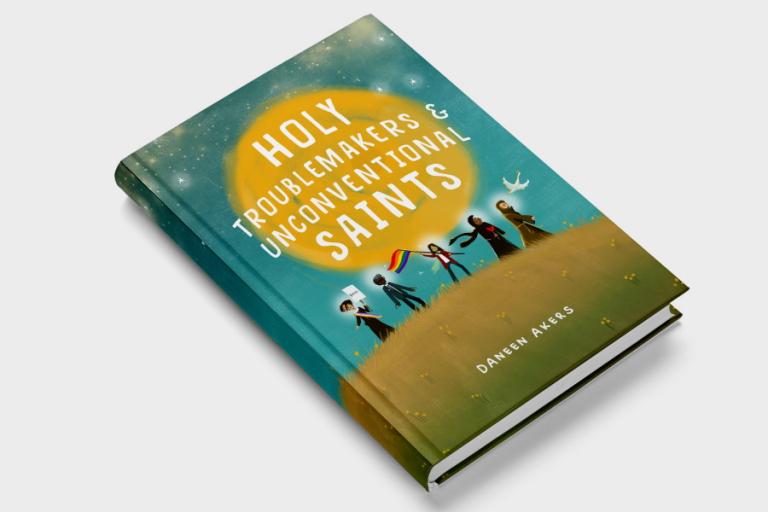
I’ve been reading through the works of George MacDonald this year, and I’m amazed by how ahead of his time this nineteenth-century preacher was. The majority of what he wrote would not sound out of place if it came from a fairly progressive Christian today. It’s little wonder that G.K. Chesterton, C.S. Lewis, J.R.R. Tolkien, Madeleine L’Engle, and so many others have pointed to him as a major influence on their own lives and writing.
That said, his progressive views have garnered no shortage of controversy. Conservative pastor Tim Keller has gone so far as to say that he’s not sure whether George MacDonald was even a Christian. However, despite all the accusations brought against him, I’ve never heard anyone call George MacDonald an open theist. Of course that would technically be anachronistic, as the term open theism didn’t come into use until the late twentieth century, but my point is that I’ve not heard his beliefs compared to what open theists believe about God and the settledness of the future.
In brief, open theists believe that that the future has not been determined. The free-will choices we make truly do do affect the course of the future. While open theists affirm that God is omniscient—knowing all that can be known, including all possible choices that could be made—God logically cannot know what has not yet been decided. And so, while God is also immutable—never changing in nature or essence—God does change and adapt his plans in relation with human decisions.
With that in mind, check out the following statements I found in George MacDonald’s sermon, “Man’s Difficulty Concerning Prayer” from his Unspoken Sermons (bold formatting added for emphasis):
How will the child go on to pray if he knows the Father cannot answer him? Will not may be for love, but how with a self-imposed cannot? How could he be Father, who creating, would not make provision, would not keep room for the babbled prayers of his children? Is his perfection a mechanical one? Has he himself no room for choice—therefore can give none? There must be a Godlike region of choice as there is a human, however little we may be able to conceive it. …
What stupidity of perfection would that be which left no margin about God’s work, no room for change of plan upon change of fact—yea, even the mighty change that, behold now at length, his child is praying! See the freedom of God in his sunsets—never a second like one of the foregone!—in his moons and skies—in the ever-changing solid earth!—all moving by no dead law, but in the harmony of the vital law of liberty, God’s creative perfection—all ordered from within. A divine perfection that were indeed, where was no liberty! Where there could be but one way of a thing! I may move my arm as I please: shall God be unable so to move his? If but for himself, God might well desire no change, but he is God for the sake of his growing creatures; all his making and doing is for them, and change is the necessity of their very existence. They need a mighty law of liberty, into which shall never intrude one atom of chance. Is the one idea of creation the begetting of a free, grand, divine will in us? And shall that will, praying with the will of the Father, find itself cramped, fettered, manacled by foregone laws? Will it not rather be a new-born law itself, working new things? No man is so tied by divine law that he can nowise modify his work: shall God not modify his? …
If you say There can be but one perfect way, I answer, Yet the perfect way to bring a thing so far, to a certain crisis, can ill be the perfect way to carry it on after that crisis: the plan will have to change then. And as this crisis depends on a will, all cannot be in exact, though in live preparation for it. …
That God cannot interfere to modify his plans, interfere without the change of a single law of his world, is to me absurd. If we can change, God can change, else is he less free than we—his plans, I say, not principles, not ends: God himself forbid!—change them after divine fashion, above our fashions as the heavens are higher than the earth.
What do you think? Does this sound like open theism to you? Are you aware of anything else George MacDonald has written to either confirm this view or cast doubt on it? Let me know in the comments below!












